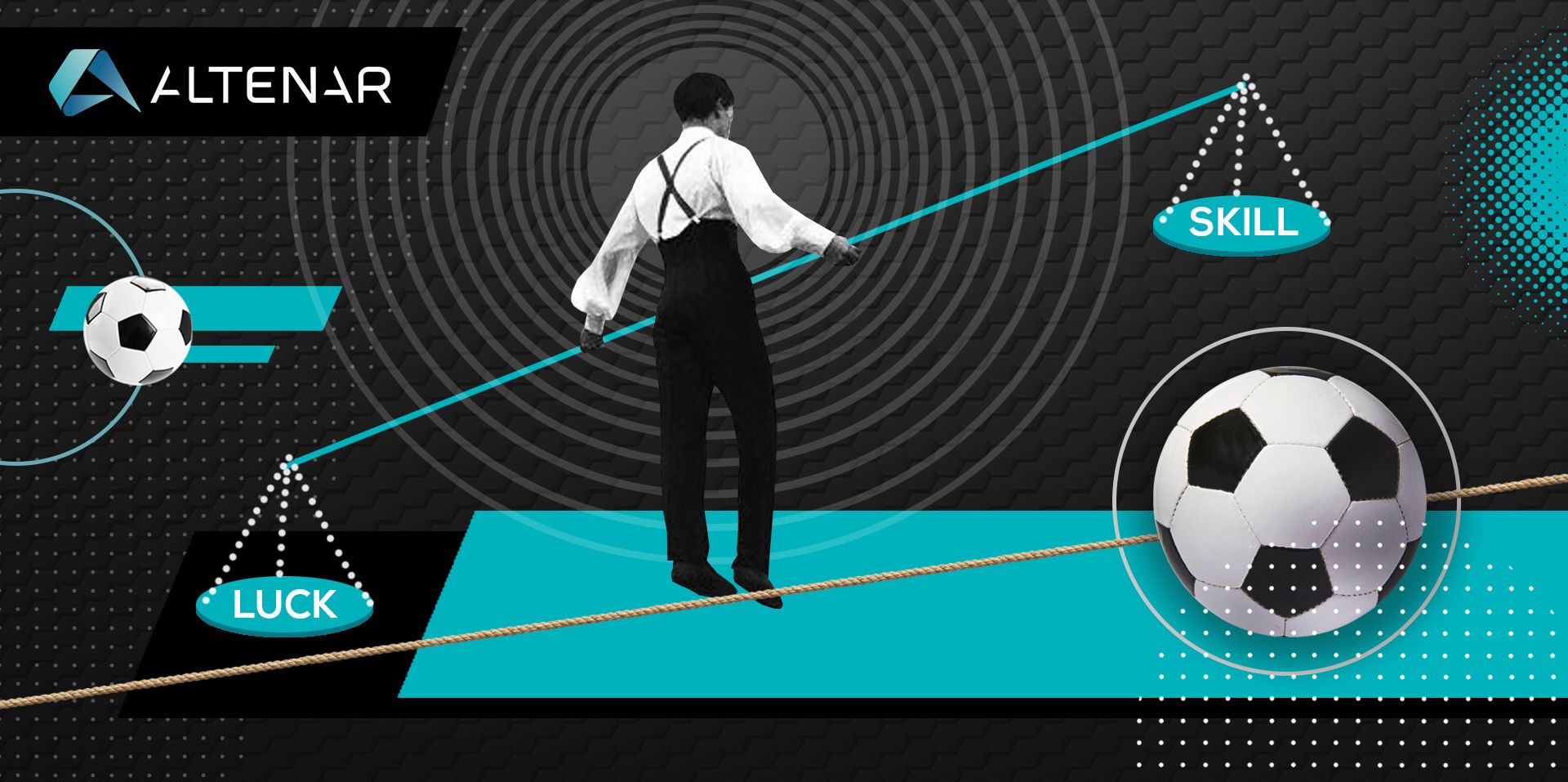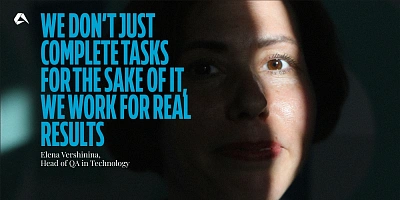Potentially the age-old question in betting, casino, and other gambling verticals is whether there’s a direct relationship between luck-based wagers and skill-based wagers—and if the balance between luck and skill shifts depending on the event, game, or vertical you’re betting on.
Altenar, a sportsbook software provider, set out to explore the psychology and randomness behind the luck-versus-skill debate, to determine whether it’s truly a black-and-white contrast or if betting outcomes are actually the result of a combination of luck and skill.
Much like winning or losing in sporting events such as boxing, or the number of goals a football player scores in a season, betting on these moments involves similar chance elements. The number of wins or losses we’ve witnessed often shapes our expectations for what might happen next—possibly making future bets heavily reliant on pattern recognition, even though these patterns are constantly changing.
According to an article titled Betting on Winning Streaks by Pinnacle, winning streaks and losses are often the result of chance. However, the degree of skill introduced into the equation can increase the likelihood or frequency of winning streaks. For example, how many knockouts a boxer might earn in a season or throughout their career.
So, with a potential sequence of wins (‘W’) and losses (‘L’), a bettor may assume that the missing letters in the sequence below are W’s—even though chance would suggest there’s an equal probability they are L’s.
A Guarantee in Luck | Sports Betting
The premise of sports betting is built on chance: the possibility of a win, and the hope that a player lands a three-pointer… In many ways, the core of luck and chance fuels the excitement and tradition of sports betting, from retail to digital channels.
While there is some degree of skill in sports betting, it's difficult for players to predict chance outcomes or “rig the system” in their favor. One might assume that a frequently winning team will win again, or a losing team will continue its streak—but that’s a product of perceived patterns, not an enhancement of skill.
Many online forums, seasoned bettors, operators, and software providers agree that chance is the dominant factor in the luck-versus-skill discussion. And in reality, the only way to truly influence outcomes would be through organized match-fixing, which undermines the integrity of the game.
At the end of the day, for bettors, the thrill of betting lies in the possibility of chance—not just in winning (though that’s always a bonus).
If you’d like to explore more articles on player psychology, case studies, market insights, and all things Altenar, visit altenar.com or get in touch with the team behind the award-winning sportsbook software provider.













